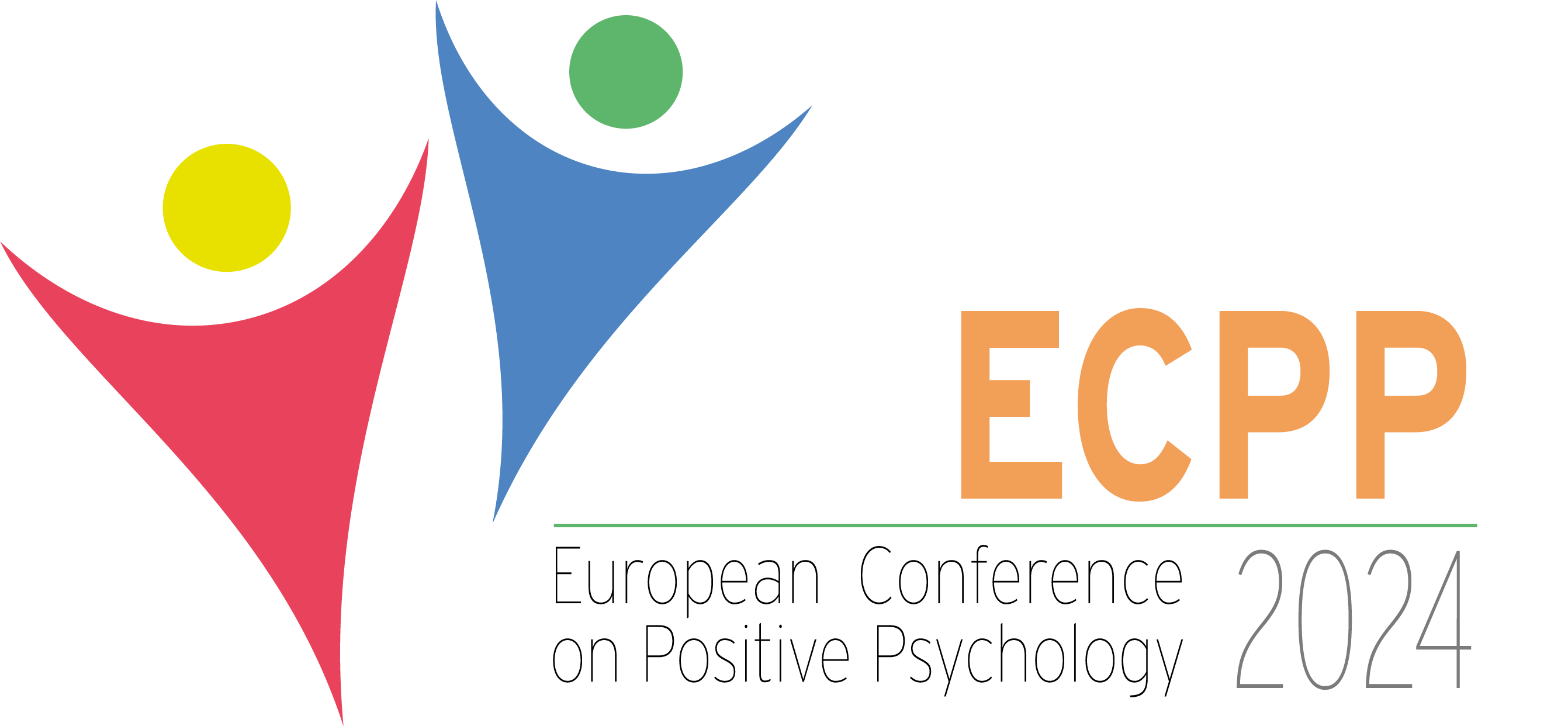Positive Narrative Interventions for Educational and Clinical Settings
Abstract
Narrative interventions in psychology are defined as processes of investigation about personal thoughts and feelings using the act of writing, with the aim of promoting self-healing and personal growth. Narrative techniques have been integrated in specific psychotherapies with the aim of treating specific mental disorders, but they have been included also in several Positive Interventions (PI) as a useful tool to promote psychological well-being (i.e., writing gratitude and forgiveness letters, describing the best possible self, journalling about positive emotions, etc..). However, recent research suggests that narrative techniques may have also potential negative effects and be perceived as distressing by some clients. The aim of this workshop is to describe and present a set of narrative interventions aimed at promoting psychological well-being, with a specific focus on autobiography and fairy-tales writing. These specific techniques resulted to be particularly effective for facilitating a sense of personal growth and meaning in life, which are considered core dimensions of eudaimonic well-being. The workshop will provide indicators for the optimal use of narrative techniques within educational and clinical settings, with a tailored approach to clients’ needs and characteristics. During the workshop participants will have the opportunity to apply one of the narrative techniques and will learn how to integrate them in different interventions, with different populations (children, older adults, distressed individuals) and in different settings (in schools, workplaces, hospitals, and other clinical settings).
Content
Description of the characteristics, usability and effectiveness of various narrative techniques for the promotion of eudaimonic well-being. Review of recent research on the application of narrative interventions in positive psychology; with a specific focus on autobiography and fairytales.
Learning Outcomes
The workshop will provide indicators for the optimal use of narrative techniques within educational and clinical settings, with a tailored approach to clients’ needs and characteristics. This tailored approach is needed in order to avoid potential negative effects of certain narrative exercise, which are perceived as distressing or boring by certain clients. During the workshop participants will have the opportunity to apply one of the narrative techniques and will learn how to integrate them in different interventions, with different populations (children, older adults, distressed individuals) and in different settings (in schools, workplaces, hospitals, and other clinical settings).
Ideal audience: counsellors, practitioners, coaches, psychotherapist and clinicians, educators
About Chiara Ruini
Chiara Ruini is currently Associate Professor of Clinical Psychology at the Department of Sciences for Quality of Life, University of Bologna. Since 2006 she has been teaching the first academic course available in Italy, entitled “Clinical Applications of Positive Psychology” for students attending the Master Program in Clinical Psychology. Since 2016 Dr Ruini also teaches the course “Clinical Psychology” for the student attending the bachelor course in Psychological Sciences. She has authored the book “Positive Psychology in the Clinical Domains – Springer, 2017 and has edited a book entitled “Increasing Psychological well-being across cultures”. She published more than 80 articles/chapters in peer-reviewed international journals/volumes, and serves the Editorial Boards for international Journals. Her main research and clinical expertise relies on the integration of well-being assessment and well-being promotion in clinical populations, including adolescents, young adults and aging individuals with disabilities.

